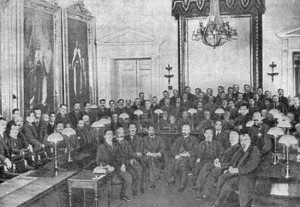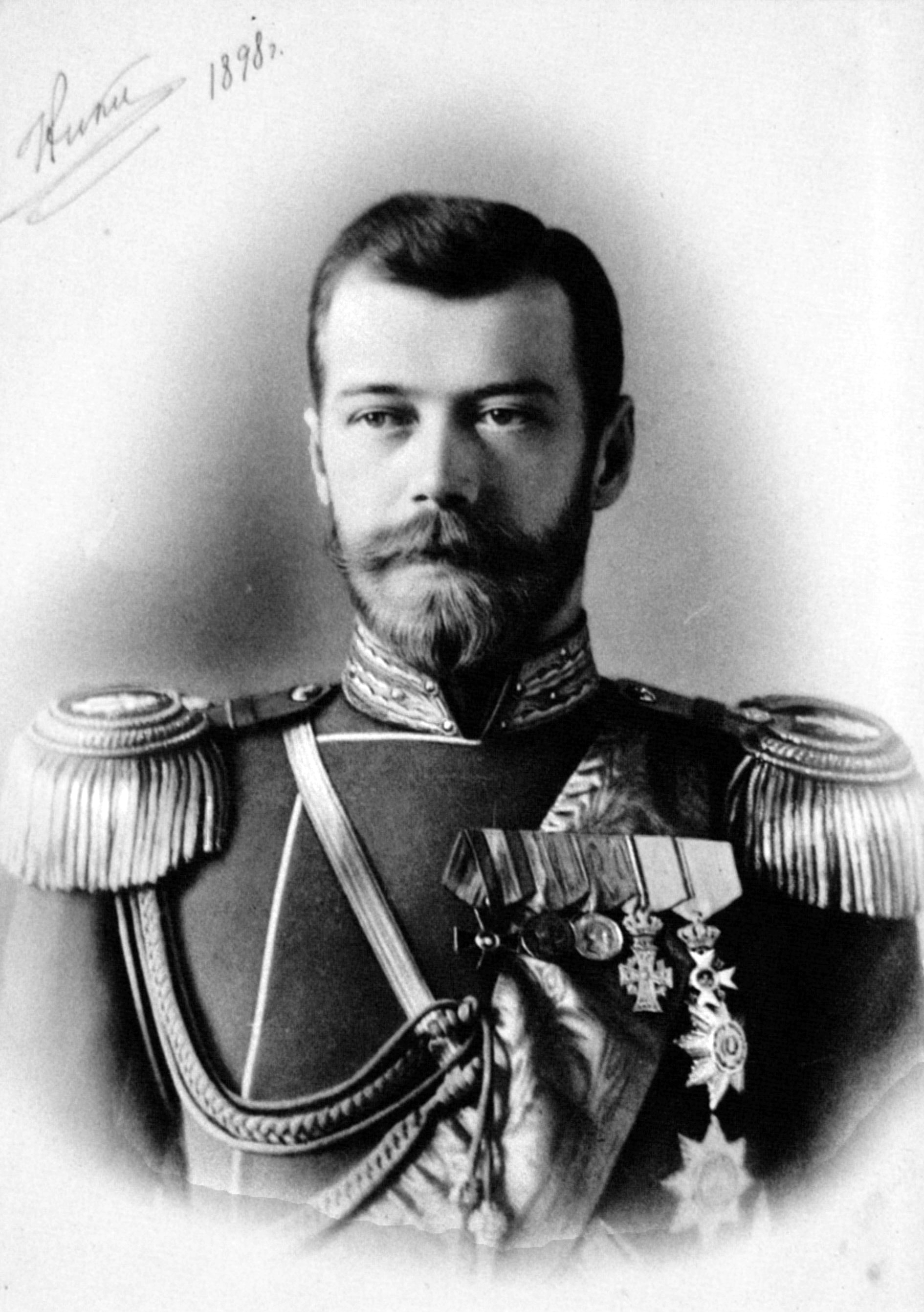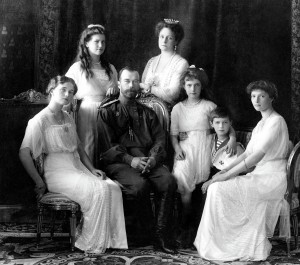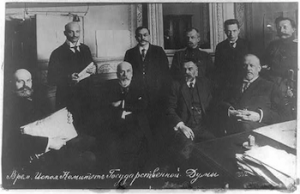March 15, 1917 signifies the end of the Russian Tsarist autocracy. After continued pressure from Russian citizens demanding change and a grim international and domestic environment, Nicholas II was forced to abdicate his throne. A series of events and proven inadequacies of the Tsar made the end of his rule inevitable. The Dumas, or representative assemblies, attempted to coerce Nicholas II into allowing them greater responsibility in managing the war effort, to which Nicholas II replied, “I shall maintain the principle of autocracy just as firmly and unflinchingly as it was preserved by my dead father.” ((Revolt)) It was only a short time before he proved he was not unflinching, and failed the autocracy miserably – by ending it.
Conditions in Russia at this time reflected a severe food shortage caused by the war. With many people coalescing in cities and becoming vagrants, the strain placed on food production only increased tensions between the government and Russians.
Ultimately, it was the revolt in Petrograd which forced the Tsar out of government. Violence and anger echoed the streets until Nicholas II had no choice but to abdicate. Supposedly not wishing to separate from his son, Nicholas II transferred his power to his younger brother, Grand Duke Mikhail Alexandrovich, who, one day later, transferred power yet again to a Provisional Government. ((http://community.dur.ac.uk/a.k.harrington/abdicatn.html)) It was from this moment on that a new form of government would rule Russia.
A question is raised about the nature of autocracy: was an end to tsarist autocracy inevitable or was Nicholas II simply unfit to rule Russia during this era of strife? If Nicholas II had been able to successfully manage the conditions of the late 19th and early 20th centuries, is it possible Russia could be a Tsarist autocracy today?




